
What to Expect During Your First Spine Surgery Consultation
Dr Michael R Wheeler, MD fully understands that facing spine surgery can be an overwhelming experience. We are here to guide you through the process
Board certified, Fellowship trained spine surgeon Dr. Michael R Wheeler has hundreds of positive reviews and patient testimonials. If you’re looking a reliable expert for your spine health, contact Dr. Wheeler today.
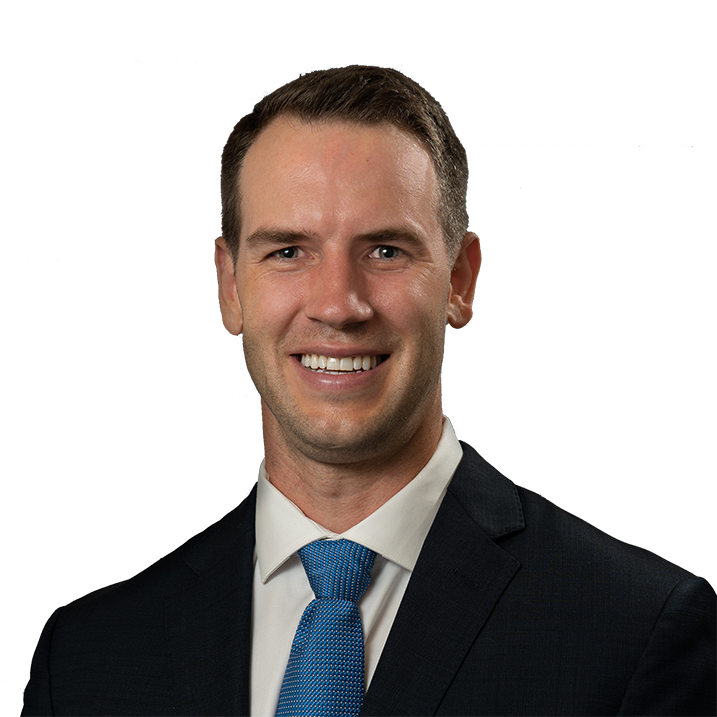

Dr. Wheeler’s most common procedures (or surgeries) performed are detailed below:

ACDF is a surgical procedure used to treat neck and arm pain caused by pinched nerves and worn out discs in the neck. This surgery is performed from the front of the neck. The entire affected disc is removed and is replaced with a spacer that fuses two vertebrae together.

ALIF is a surgical procedure used to treat lower back pain and leg pain caused by several different problems that can occur in the spine. An ALIF involves taking out the entire disc from the front of the spine and replacing the disc with a spacer that restores spinal alignment and relieves pressure off nerves.

LLIF is a procedure used to treat lower back and leg pain caused by several different problems that can occur in the spine, including worn out discs and spinal instability. LLIF involves removing the entire damaged disc and replacing it with a spacer. This restores spinal alignment and relieves pressure off nerves.

Minimally invasive microdiscectomy is a surgery used to treat back and leg pain caused by herniated discs in the lumbar spine that have not responded to conservative treatment. This outpatient procedure involves removing the small portion of the disc that has herniated, relieving pressure off the irritated nerve.

Cervical Disc Arthroplasty – also known as a cervical disc replacement, is a motion-preserving procedure used to treat neck and arm pain caused by herniated discs in the neck. The diseased disc is removed, relieving pressure off the nerve. A mobile spacer is then placed in the space, preserving mobility in the neck.

Lumbar laminectomy is a surgical procedure used treat back and leg pain caused by pinched nerves in the spine as well as pain caused by spinal stenosis. Lumbar laminectomy is a decompressive surgery - meaning the nerves are relieved from pressure. It is often described as a ``clean out procedure``.

PCDF is used to treat neck and arm pain caused by degenerated discs, compression of nerves, and compression of the spinal cord. This surgery is performed from the back of the neck. It involves stabilizing the affected bones with hardware, and if necessary, relieving spinal compression.

Navigated Spinal Fusion uses special navigation technology to ensure hardware is placed into the proper and safe location. It provides real-time feedback to the surgeon to show where the implants are in relation to the patient’s body. Navigation technology often allows for the surgery to be performed using minimally invasive techniques.
Dr Michael R Wheeler, MD is a committed, compassionate spine surgeon in Dallas who works closely with each patient to develop a personalized treatment plan in order to relieve pain and restore mobility.
Spine specialist Dr Wheeler has hundreds of positive reviews from patients he has helped over the years. To see more reviews click on the button below.
Cervical disc herniation occurs when the inner contents of a disc in the neck ruptures outwards. The ruptured disc material puts pressure on the nerves that are exiting the spine. This often presents as severe neck pain, neck muscle spasm, and/or significant pain in the arm. Patients often notice weakness, numbness, or tingling on the side of the herniated disc.
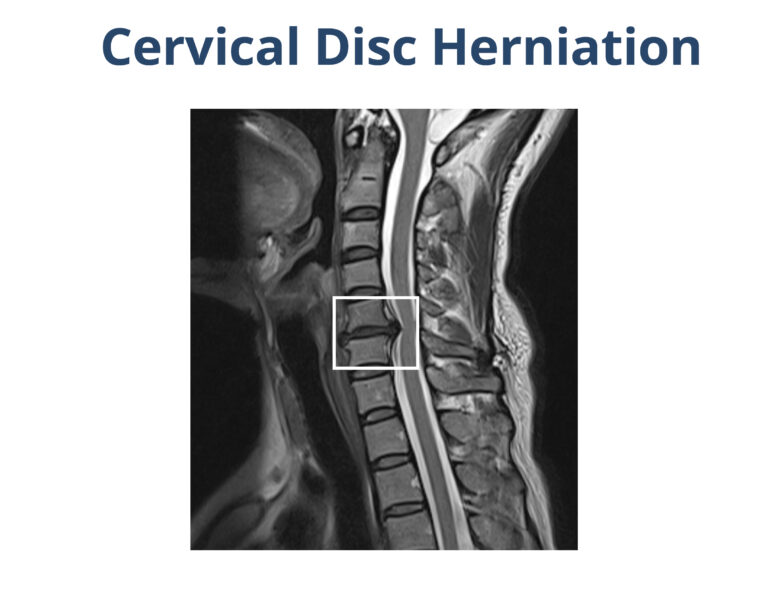
Cervical myelopathy is a condition caused by compression of the spinal cord in the neck. Patients often experience neck pain, numbness or weakness in their arms, and fine motor difficulty in their hands and fingers. Cervical myelopathy can also cause problems with balance, and when severe, problems with control of bowel or bladder function.
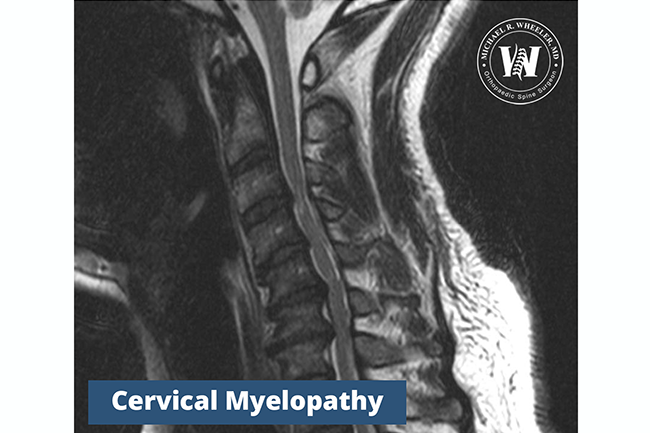
Cervical radiculopathy refers to the discomfort caused by a pinched nerve in the neck. Both acute disc herniation and long-term wear and tear / disc collapse can cause cervical radiculopathy. Patients will often feel pain along the shoulder blade that may radiate down the arm(s). Other symptoms include weakness, numbness, or tingling on the affected side.
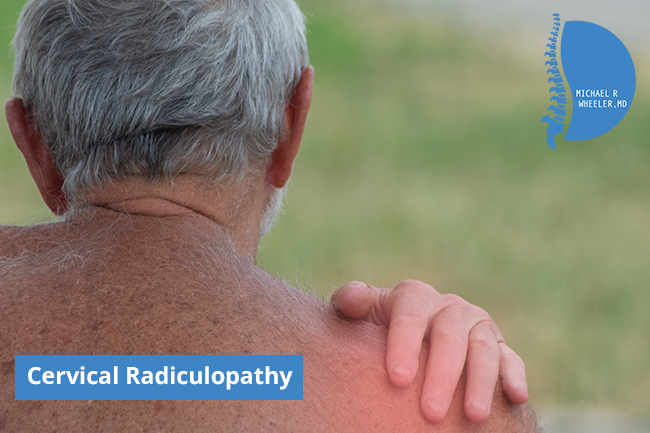
Lumbar spinal stenosis is a degenerative condition in which the narrowed spinal canal puts external pressure on the nerves of the lumbar spine. A combination of degenerated discs, worn out facet joints, and thickened ligament contribute to the compression. Spinal stenosis typically presents as back pain and/or leg pain that is worse with physical activity (standing / walking) and improves with rest.
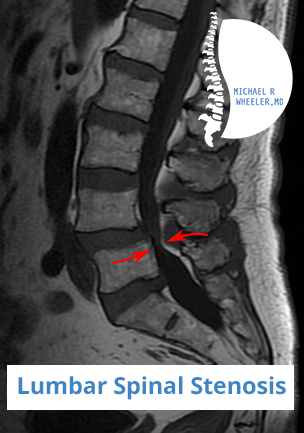
Lumbar disc herniation occurs when the inner contents of the disc of the lumbar spine ruptures outwards. When this occurs in the lower back, the ruptured disc material puts pressure on the nerves that are leaving the spine to the legs. This often presents as severe back pain, back spasm, with or without radiating pain down the leg.
Patients may notice weakness, numbness, or tingling in the leg.

Spondylolistheis (sliding spine) refers to spinal instability that occurs when one vertebrae develops extra motion compared to the vertebrae below it. The abnormal motion between the bones results in accelerated wear of the disc. The worn-out disc and resulting instability causes severe back pain. Additionally, the nerve caught between the sliding spine causes radiating pain through the hip and leg.
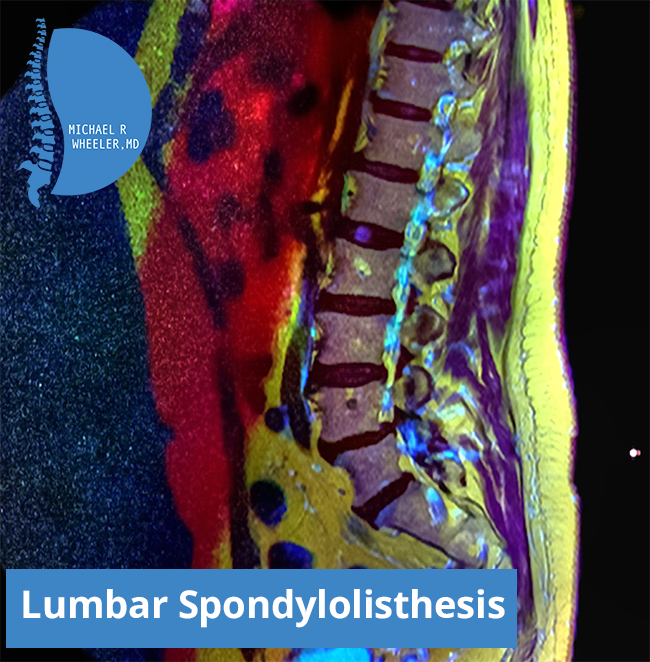
Scoliosis is an abnormal curvature of the spine. Adult scoliosis has many causes and is a common cause of back pain. As the spine goes through natural wear and tear process, it sometimes does this asymmetrically, leading to abnormal curvature. This can lead to problems with posture, balance, and performing activities of daily living.
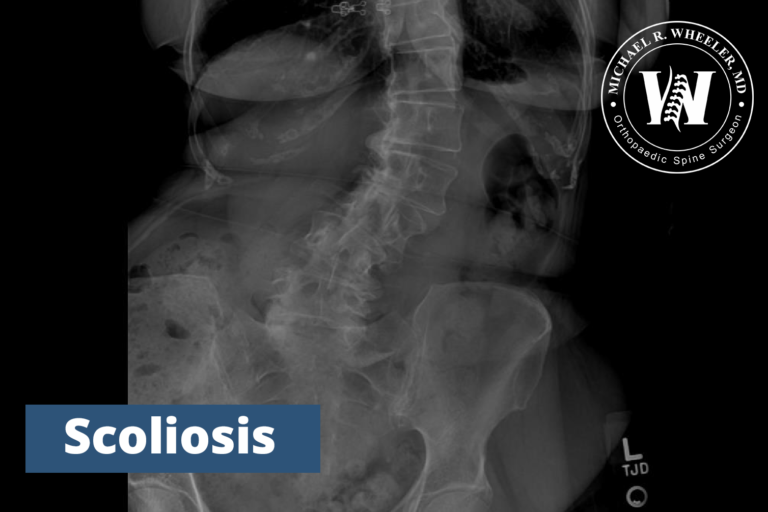
Compression fractures are a common cause of acute and chronic back pain. The most common type is an osteoporotic compression fracture, in which the weakened bone the collapses on itself. Compression fractures are commonly caused by ground level falls in the elderly. They are a sign of osteoporosis and warrant treatment with bone strengthening medications.
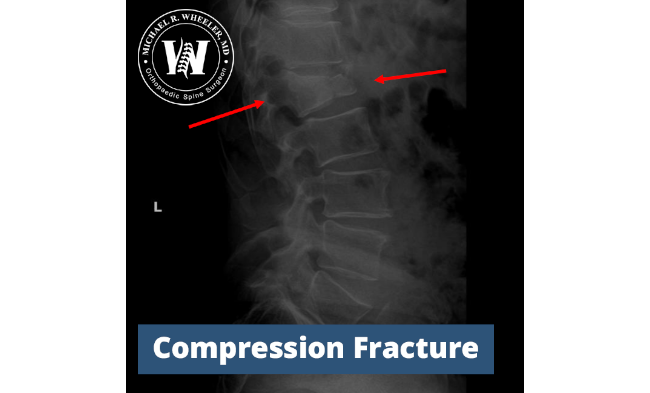
Although some causes of neck and back pain are structural, meaning there is an identifiable problem, many sources of neck or back pain do not have an easily identifiable cause. Overuse, muscle strain, poor posture, or other conditions can lead to severe pain in the neck or back. By using a combination of non-surgical techniques, both neck and back pain can be managed effectively.

Our speciality is feugiat lectus lacus. Proin aliquam enim quam, in vestibulum ante ultrices id. Sed dictum arcu lacus, et maximus ipsum porttitor in. Aenean luctus cursus rhoncus. Duis vitae nibh ut est aliquet ornare nec et felis. In consequat ut nulla vel rhoncus.

Dr Michael R Wheeler, MD fully understands that facing spine surgery can be an overwhelming experience. We are here to guide you through the process
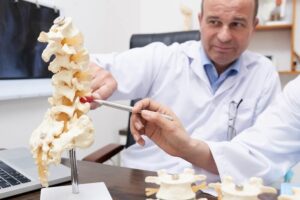
Introduction The human spine is a remarkable structure that provides support, stability, and flexibility to the body. However, it is also susceptible to various conditions

Introduction Navigating the recovery phase after spine surgery can be a daunting task, especially due to post-operative pain. This guide offers insights and actionable strategies

Recovering from spine surgery can be challenging, but it’s a journey towards healing. One concern you may have is the possibility of blood clots. In
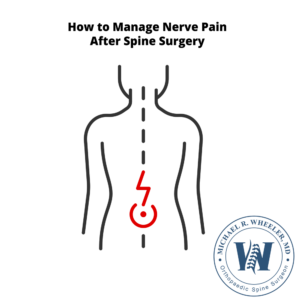
Spine surgery is sometimes a necessary procedure to provide relief and improve the quality of life for individuals suffering from various spinal conditions. However, it

When it comes to the treatment of spine conditions, finding the right surgeon is imperative. Of utmost importance, you have to find a surgeon you
Top rated Dallas Orthopedic Spine Surgeon Dr Michael Wheeler provides comprehensive spine related treatments for his patients from all over Texas.

Dr.Wheeler has been excellent. Surgery went perfectly, he makes himself available to talk to when you have questions and concerns.
![]()